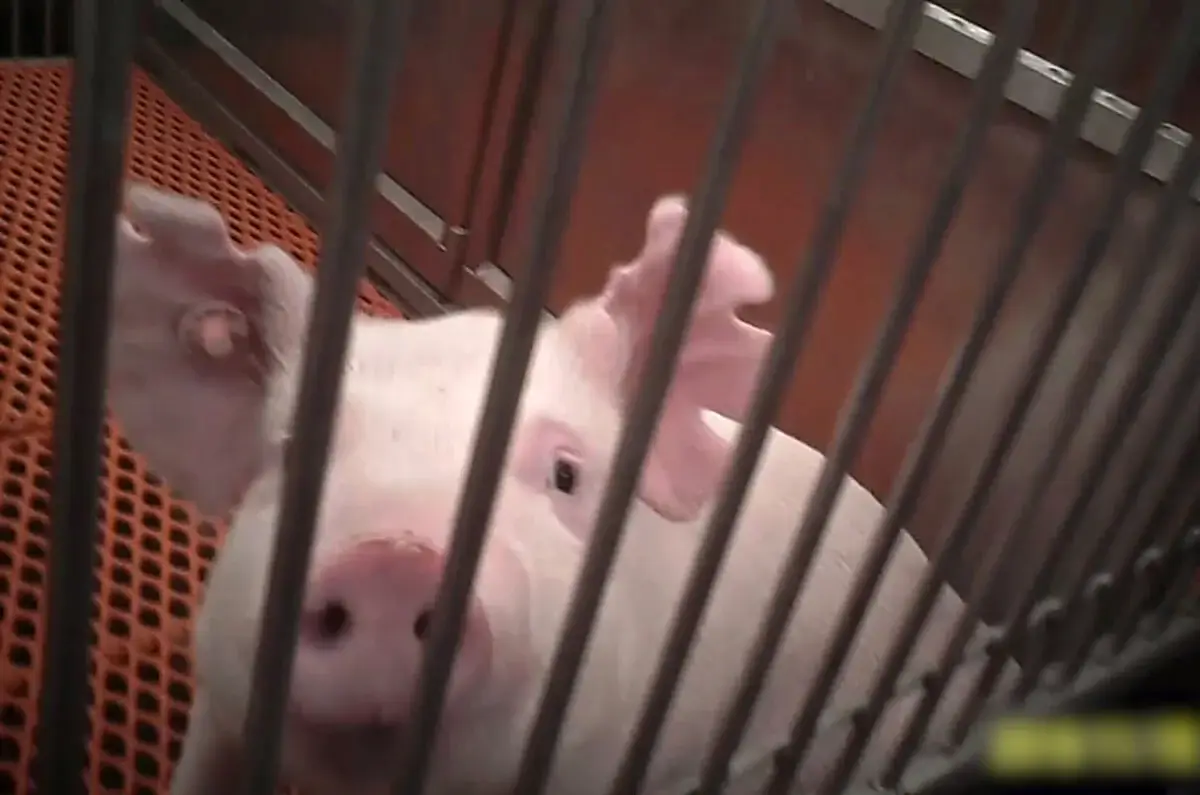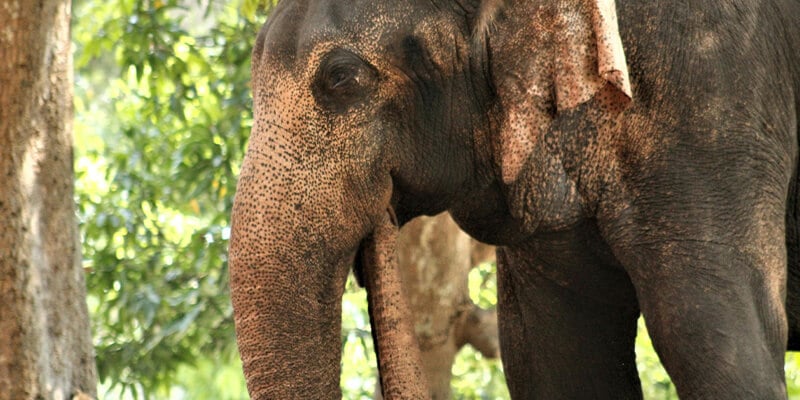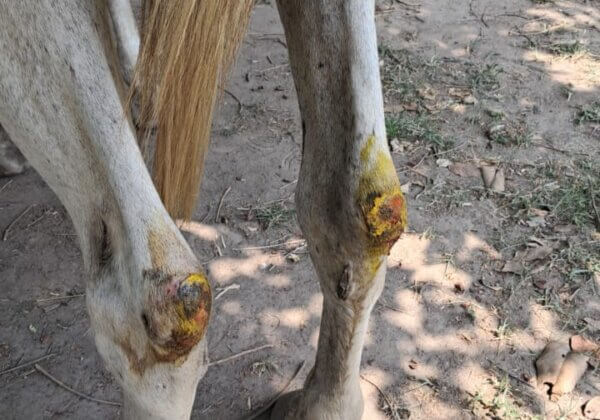Pigs Aren’t Spare Parts! PETA Entities Denounces Latest Organ Transplant Stunt as Junk Science
Update (1 November 2023): Another man died after receiving a heart transplant using a pig’s heart. According to the University of Maryland School of Medicine, the heart seemed healthy for the first month but began showing signs of rejection in the days prior to the man’s death, nearly six weeks after the highly experimental surgery.
Update (5 May 2022): The heart that was stolen from a genetically modified pig and then transplanted into David Bennett Sr – the world’s first human recipient of a pig’s heart – was determined to be infected with porcine cytomegalovirus, underscoring what PETA US has been saying all along: the risk of transmitting viruses that originated in animals through xenotransplantation is real and a real killer. As the world crawls out of the COVID-19 pandemic – which has caused billions of deaths worldwide – the public has little appetite for experimenters’ folly-prone, blind tinkering that wastes lives, time, and money, while potentially exposing humans to new viruses that mutate as they jump from species to species. Xenotransplantation should be relegated to the garbage heap of arrogant, speciesist vanity projects that harm more than they help.
Update (16 March 2022):David Bennett Sr, a man whose heart was replaced with the heart of a pig two months ago, has died. The idea that this surgery was groundbreaking is hogwash. To talk about such procedures as though they were anything other than cruel – to animals and to humans waiting for organs – perpetuates the myth that xenotransplantation will someday be practical. Presumed consent laws and preventive health measures will save more lives than these headline-grabbing surgeries ever will.
Reports regarding the first transplants of hearts and kidneys from genetically altered pigs into – and onto – humans should serve as a reminder that animal-to-human transplants are unethical, dangerous, and a tremendous waste of resources that could instead be used to fund research that might actually help humans. The risk of transmitting unknown viruses during such procedures is real and, in the context of a pandemic, should be enough to end these studies forever. Animals aren’t toolsheds to be raided – they’re complex, intelligent individuals. Pigs, for example, communicate using specific oinks, grunts, or squeals when trying to woo a mate or express hunger. Mother pigs sing to their babies while nursing, just as many human mothers do. The only right thing to do – and the healthiest and safest option for humans – is to leave pigs and other living, feeling beings alone and seek cures using modern science. As for patients in desperate need of organs, presumed consent laws would make human organs far more available.
Humans have no right to steal other sentient beings’ organs for our benefit – nor do we need to.
Surgeons successfully transplant a PIG KIDNEY into a human for the first time
Read more: https://t.co/7ShZhSPf11 pic.twitter.com/pYQ1nXeH7i
— Daily Mail Online (@MailOnline) October 21, 2021
What is xenotransplantation and just how bad is it for humans and other animals?
Xenotransplantation, the Frankenscience of transplanting organs from one species to another, is nothing more than a vanity project that seeks to grab sensational headlines.
News stories about the latest pig kidney xenotransplantation stunt often leave readers in the dark about this “transplant” procedure.
Experimenters used a brain-dead patient who was being kept alive by a ventilator, not a person with kidney disease. And the pig’s kidney attached via blood vessels to the outside of the patient’s body, where it stayed for only 54 hours.
Pigs and other animals used for xenotransplantation are genetically engineered and subjected to a lifetime of confinement and unspeakably painful procedures before they are killed – all without their consent.
Even before the COVID-19 pandemic, public health experts, including a researcher from the US Centers for Disease Control and Prevention and others from the World Health Organization, had raised concerns about the potential of xenotransplantation to spread zoonotic and other infectious pathogens. Their warning? These transplants are dangerous to humans, as animals carry viruses and other infectious pathogens that could be introduced into human populations.
When it comes to addressing the shortage of donated organs, experts point out that making simple policy changes aimed at increasing organ donations carry zero public health risk, while the risk associated with using organs from other species is high.
From an ethical perspective, PETA entities, including PETA India, have always been opposed to the use of animals as warehouses for spare parts.
However, these concerns were brought into sharp relief after a whistleblower from the University of Alabama–Birmingham shared troubling reports that baboons were being subjected to agonising kidney and heart transplants using pigs’ organs.
Another whistleblower leaked protocols to PETA US from Columbia University, which documented that baboons and macaques were being caged alone, subjected to multiple major survival surgeries, numerous biopsies, and repeated blood draws.
In some experiments at Columbia, the animals were kept alive for up to 360 days following transplantation and then finally killed. The experimenters listed the following potential side effects of these procedures: severe gastrointestinal symptoms, severe diarrhoea, abdominal pain, nausea, vomiting, anaemia, weight loss, untreatable viral disease, bacteremia, severe infection, unrelieved pain, uncontrollable bleeding, and maculopapular rash.
Ultimately, these and all other animal-to-human organ transplants have failed.
Human organs remain the best hope, and presumed consent laws would make enough of them available to help those in need of a transplant.









